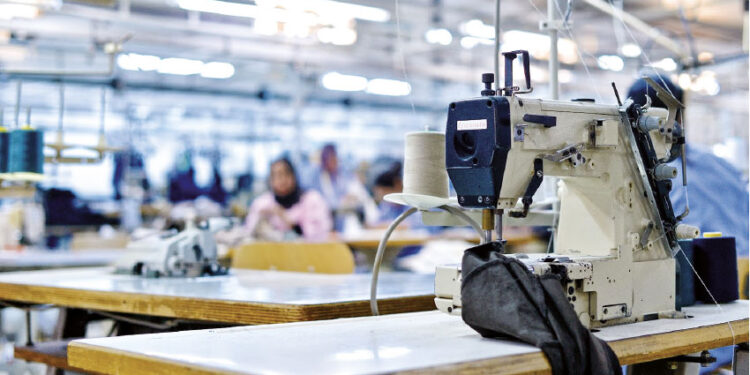The Tunisian textile and clothing sector intends to cross a new course: reaching 5 billion euros in exports by 2030, against around 3 billion euros currently.
This was announced by Saber Ben Kilani, Director General of Textiles and Clothing at the Ministry of Industry, during a study day organized this Wednesday, July 9 by the Parliamentary Academy.
A pillar of national industry
In his intervention, Saber Ben Kilani recalled the strategic weight of the sector in the Tunisian economy. Textiles represent 30% of industrial companies in the country and 29% of jobs in the sector. It is also at the origin of 16% of exports from manufacturing industries, making it the second exporting sector of the country.
Another key indicator: 81% of textile factories are fully turned towards export, 27% of which are foreign capital, proof of the attractiveness of the sector for international investors.
A resilient sector in the face of crises
Despite the economic turbulence, both local and international, the Tunisian textiles has been able to show resilience, according to the official. The sector has managed to preserve 155,000 jobs and maintain a stable level of export around 3 billion euros.
With more favorable investment and competitiveness conditions, the textile sector could create up to 7,000 jobs per year by 2030, while considerably increasing its performance to export.
To achieve this, the authorities in particular rely on the modernization of the value chain, technological integration, labor training and the attraction of foreign investments in higher added value segments.
This ambition, at a time when Tunisia seeks to strengthen its exports and revitalize its industrial fabric, confirms the strategic place of textiles in the future economic choices.
New perspectives
In this very specific framework, let us recall that the Tunisian Federation of Textiles and Clothes (FTTH) and the European Confederation of Clothing and Textiles (Euratex) formalized, on April 15, 2025, the signing of a memorandum of understanding aimed at consolidating a strategic partnership between the two entities.
This agreement, of an initial duration of five years renewable, establishes a structured framework for collaboration in the commercial, technical and regulatory fields. It marks an important step in strengthening industrial relations between Tunisia and Europe, in particular in a sector as crucial as textiles.
The European Union remains the first trading partner in Tunisia in this area. It absorbs most of the Tunisian textile exports, valued at more than 8 billion dinars. The country welcomes more than 500 European companies operating in the sector, with a dynamic supported in 2024 marked by 170 new investment projects.








